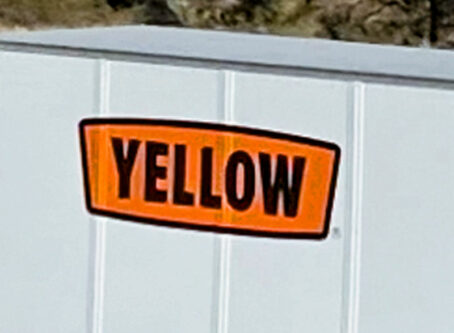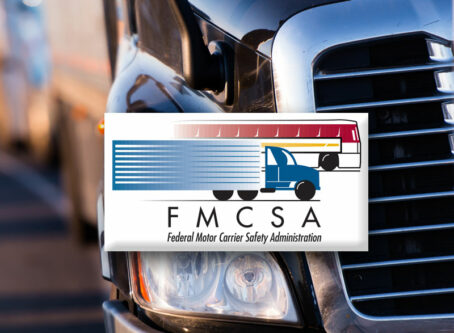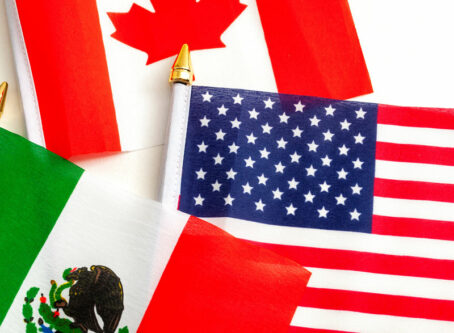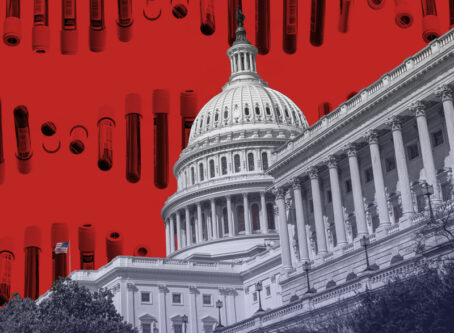U.S. Supreme Court rejects OSHA vaccine rule
The Occupational Safety and Health Administration overstepped with its COVID-19 vaccine rule, the U.S. Supreme Court ruled.
On Thursday, Jan. 13, the Supreme Court rejected OSHA’s controversial rule, which would mandate that companies with 100 or more employees require their workers to either receive the COVID-19 vaccine or be tested weekly.
“Although Congress has indisputably given OSHA the power to regulate occupational dangers, it has not given the agency the power to regulate public health more broadly,” the court wrote in its opinion. “Requiring the vaccination of 84 million Americans, selected simply because they work for employers with more than 100 employees, certainly falls in the latter category.”
When President Joe Biden announced in September that he was ordering a vaccine rule for companies with at least 100 employees, a courtroom battle seemed inevitable.
Opponents contend that the vaccine rule oversteps and is unconstitutional. OSHA, meanwhile, said the rule was necessary, pointing to more than 840,000 deaths in the United States in less than two years. The agency says the rule could save “thousands of lives” and prevent “hundreds of thousands of hospitalizations in the next six months alone.”
The Supreme Court held a special session on Jan. 7 to hear arguments in the case. Based on the questions from the hearing, the court’s conservative judges appeared skeptical of the rule’s constitutionality.
“This is something the federal government has never done before,” Chief Justice John Roberts said during the hearing.
The apparent skepticism was confirmed on Thursday.
“The question before us is not how to respond to the pandemic, but who holds the power to do so,” the court wrote. “The answer is clear: Under the law as it stands today, the power rests with the states and Congress, not OSHA.”
Justices Stephen Breyer, Sonia Sotomayor and Elena Kagan dissented.
“When we are wise, we know not to displace the judgments of experts, acting within the sphere Congress marked out and under presidential control, to deal with emergency conditions,” the dissenting justices wrote. “Today, we are not wise. In the face of a still-raging pandemic, this court tells the agency charged with protecting worker safety that it may not do so in all the workplaces needed. As disease and death continue to mount, this court tells the agency that it cannot respond in the most effective way possible.”
Only a small percentage of truck drivers would have been affected by the vaccine rule, which had been set to fully go into effect on Feb. 9. About 96% of motor carriers have no more than 25 drivers and would likely fall under the 100-employee threshold. In addition, OSHA said the rule would not apply to truck drivers who were alone in their cab.
In trucking circles, the rule would have mainly applied to team drivers. The Owner-Operator Independent Drivers Association contended that all drivers, including team drivers, should have been exempt. LL









